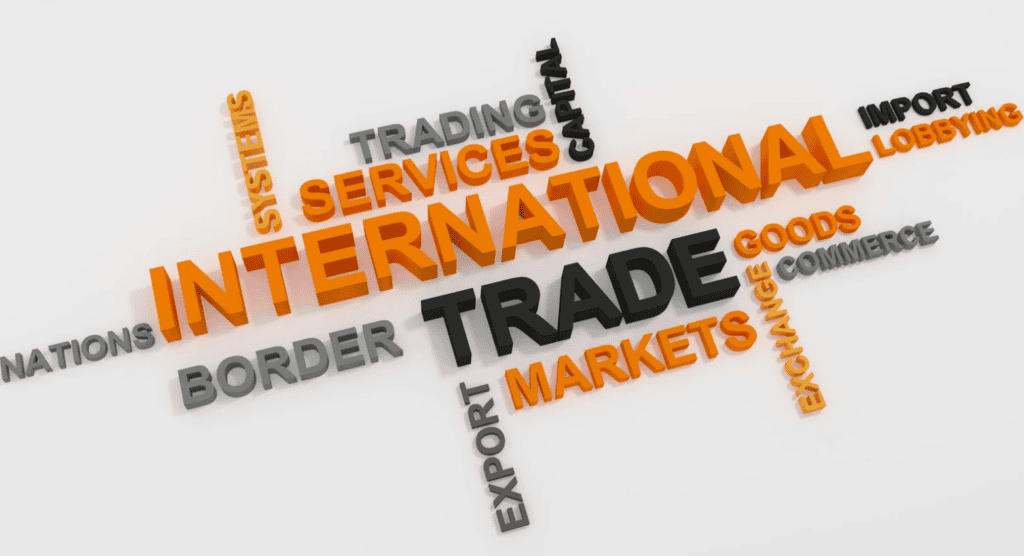Entrepreneurialism is arguably one of the most lucrative qualities to hold in today’s global economy. As the UK continues to suffer economic issues from cost inflation to stagnation and beyond, salvation is found in international aspirations – and in being at the helm of one’s own business.
Table of Contents
Establishing a business domestically is one major step towards success, but international expansion is the next; here’s why, and how.

Anatomy of An Expansion – Taking Your Business International
Expansion of your business is the logical next step after reaching capacity, whether hitting a ceiling for potential sales figures or simply reaching the limits of your staff capacity. Domestic expansion is the more trivial next step, as moving to larger premises or establishing a new regional quarters can allow you to organically meet new demand.
However, domestic expansion can only create so much new capacity for your business and team – and international expansion is the only true way to unlock the full earning potential of your enterprise.
Expanding internationally means accessing new markets, new consumers and new avenues for income. It can also open the doors to cheaper sourcing or manufacturing costs, in turn boosting the overall productivity of your business. What do you need to consider in order to make your international expansion a success, though?

Market Entry Strategies
First and foremost, you should be establishing that your next prospective location is a location in which your business can thrive. This means undertaking comprehensive market and consumer research, to establish that there is a gap in the market for your enterprise – and hence, potential for profits.
On a wider note, you will also need to avail yourself of information regarding your tax liabilities in international territories; one wrong foot here, and the entirety of your operation could be jeopardised.
Physically entering a new territory should be similarly careful, and even exploratory. To start, you could send a core arrow-head team out to the new region to establish a base, conduct local research and oversee the eventual incorporation of your expanded enterprise.
Localising Your Enterprise
Establishing an initial presence in your international territory of choice is only a small initial part of a much larger, and longer process. Expanding internationally also requires you to understand that what worked domestically won’t necessarily translate to a new culture or audience. As such, you need to place a great deal of effort in your localisation endeavours.
This can be simply managed by building up a hybrid team of trusted domestic hands and fresh hires in your new territory. These fresh hires can help you shape the narrative for the new arm of your business, hitting the right marketing pain points and establishing a presence for the most viable of your product or service range.

FAQ: Strategies for Taking Your Business International
Q: Why is international expansion important for businesses?
A: International expansion allows businesses to access new markets, consumers, and revenue streams. It can also lead to cost savings through cheaper sourcing or manufacturing options, thereby enhancing overall productivity.
Q: What factors should I consider before expanding internationally?
A: Before expanding internationally, conduct thorough market research to ensure there is demand for your product or service in the new location. Additionally, understand the tax implications of operating in international territories to avoid potential pitfalls.
Q: How should I enter a new international market?
A: Entry into a new international market should be strategic and well-planned. Consider sending a core team to the new location to establish a base, conduct market research, and oversee the incorporation of your expanded enterprise.
Q: How can I adapt my business for success in a new culture or audience?
A: Localizing your business is crucial for success in a new market. This involves building a hybrid team of domestic employees and new hires from the local area who understand the culture and preferences of the target audience. Tailoring your marketing approach and product offerings to fit the local market is essential.
Q: What are the risks associated with international expansion?
A: Risks of international expansion include cultural barriers, regulatory challenges, currency fluctuations, and political instability. It's important to assess and mitigate these risks through careful planning and due diligence.
Q: How long does it typically take for an international expansion to become profitable?
A: The timeline for profitability in international expansion varies depending on factors such as market conditions, competition, and the effectiveness of your strategies. Generally, it can take several years to see a return on investment, so patience and perseverance are key.


